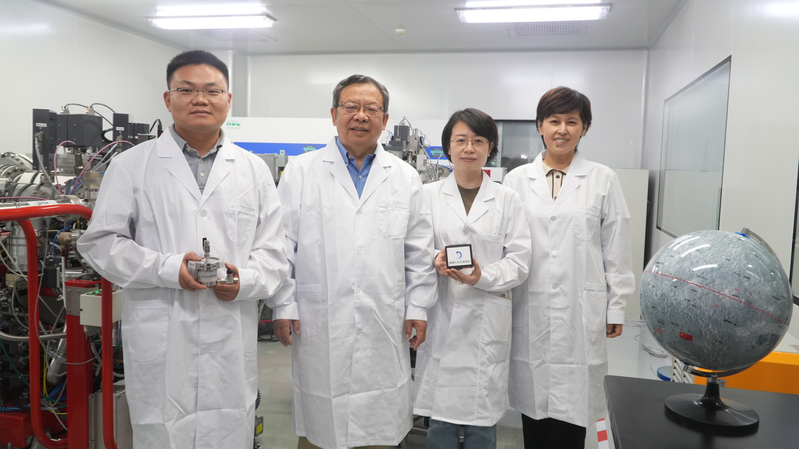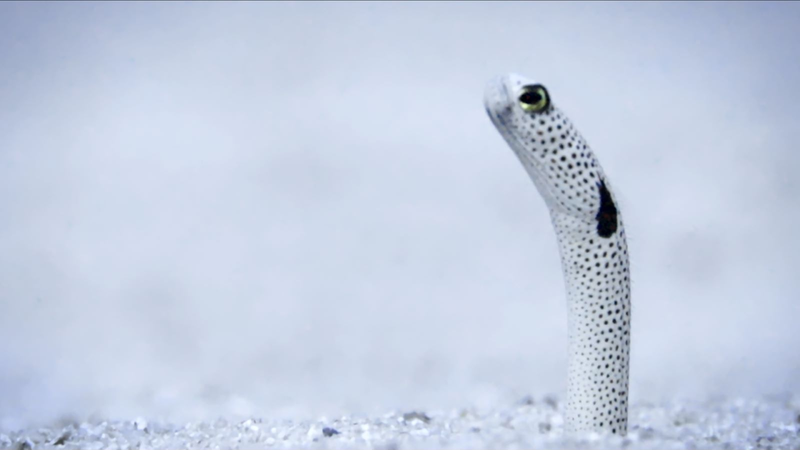Hey space fans! 🌕 The Chinese mainland's National Space Administration and Atomic Energy Authority just unlocked new lunar secrets from the Chang'e-6 mission. 🚀
They used petrology (rock detective work 🔬) and geochemistry (element analysis 🕵️) to study basalt fragments from the Moon's far side. Basalt is the same type of volcanic rock you'd find in the Deccan Traps or Java's volcanoes!
The jaw-dropper? Far-side basalts, dating back 2.8 billion years, show the Moon's far-side mantle is about 100°C cooler than near-side samples from Apollo and Chang'e-5. Imagine your smartphone running 100°C chillier—huge in space terms! ❄️🔥
Why it matters: A cooler mantle suggests the far side had a different volcanic and heat history. This helps scientists piece together the Moon's origin story and why only one side faces Earth. 🌏👀
For tech-savvy explorers and science lovers in South and Southeast Asia, this news is a reminder how space quests keep expanding our cosmic horizons. Who's ready for the next lunar reveal? 🌌✨
Reference(s):
cgtn.com


